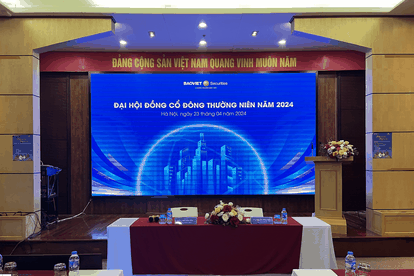

Romanian lawmakers unanimously approved Monday a proposal to hold a referendum on corruption after mass protests forced the government to withdraw a decree that would have watered down anti-graft legislation.
BUCHAREST — Romanian lawmakers unanimously approved Monday a proposal to hold a referendum on corruption after mass protests forced the government to withdraw a decree that would have watered down anti-graft legislation.
The proposal was put forward by centre-right President Klaus Iohannis, a fierce critic of the left-wing government.
He now has to suggest what the question will be and when the referendum will take place.
Romania has been rocked by two weeks of protests, with the high point when some half a million people took to the streets on February 5, the biggest demonstrations since the end of communism in 1989.
Prime Minister Sorin Grindeanu has withdrawn the contentious decree, but protests have continued, albeit in much smaller numbers, with many people now calling for the government to resign.
Around 80,000 demonstrated nationwide on Sunday, according to media estimates. In Bucharest protesters created a huge Romanian flag with their mobile phones.
Late Monday some 2,000 people gathered in the capital, for the 14th consecutive day of protests.
The demonstrators are calling for the left-leaning Social Democrat government, which only took power in December, to stand down.
"If the government was unable in its first month to act transparently and honestly, what is it going to do if it remains for four years?" asked Catalina, a 60-year-old teacher who has demonstrated every day.
The decree, which sparked concern in Brussels and Washington, would have made abuse of power a crime punishable by jail only if the sums involved exceeded 200,000 lei (US$47,500).
Critics say that this would have let off the head of the PSD, Liviu Dragnea, who is currently on trial for alleged abuse of power. He denies the charges and that he would benefit. — AFP



.jpg)




.jpg)
